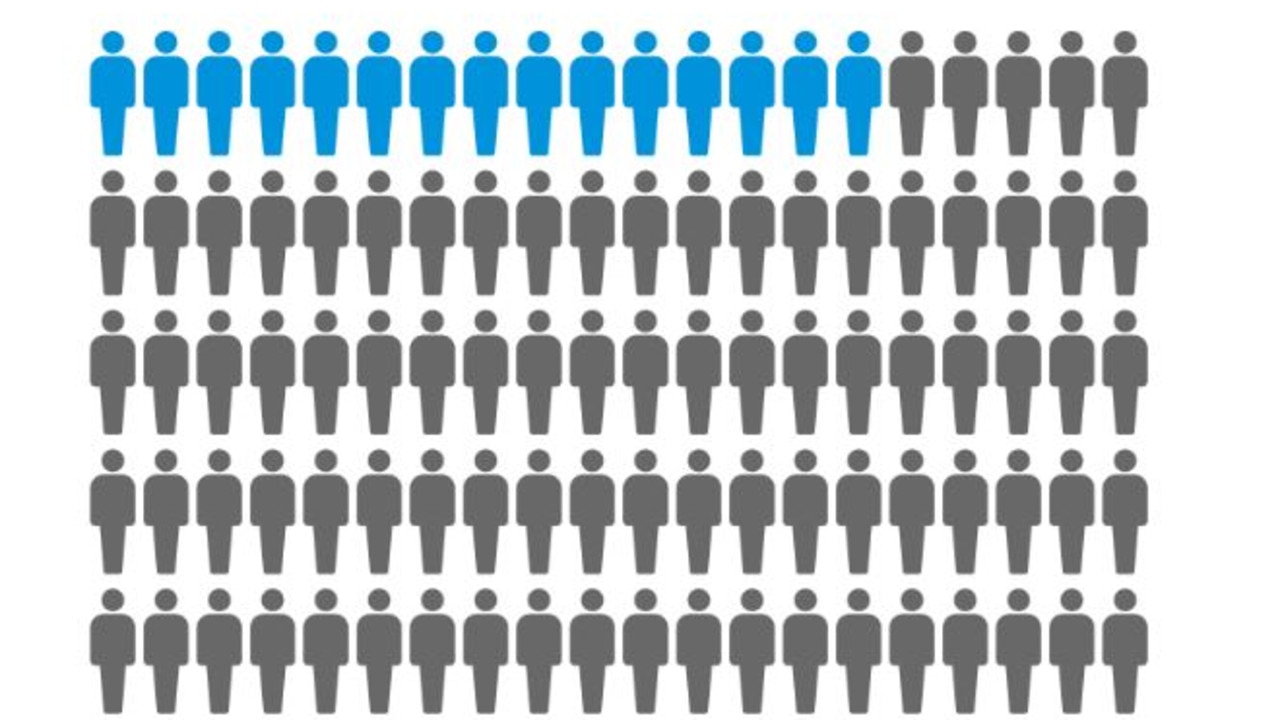A landmark report into child sexual abuse has made for sobering reading – suggesting urgent action is needed to address the problem.
The report from the University of NSW (UNSW) and Jesuit Social Services found one-in-six Australian men reported sexual feelings towards children (15.1 per cent) and one-in-10 had actually sexually offended against children.
Two thirds of this offending, the report found, occurred online.
The report shattered entrenched stereotypes around offenders, too.
It found men more likely to offend against children were married, working with children, and earning higher incomes.
They also exhibited anxiety, depression and binge-drinking behaviours.
The anonymous survey featured 1945 Australian men aged between 18 to over 65.
Lead author Associate Professor Michael Salter from UNSW told news.com.au that it affirms what countless survivors have said, “that the men who abused them were well-connected and relatively wealthy, and whose behaviour is secretive and easily overlooked”.
Prof Salter hoped the report would be a “catalyst for change” by highlighting the broader “social and technological pattern that enable abuse”, adding there were “multiple points of leverage” for governments to address, but it was a “question of political will”.
Childhood trauma
He said the “sticky question of childhood trauma” remained a significant issue that ensured there was an “intergenerational effect” to offending that was “increasing the pool of men”.
That trauma includes sexual, physical and emotional abuse, neglect and exposure to domestic violence.
“The clear message to government is we need to protect children from harm but, if they are traumatised, make sure that we provide therapeutic services to boys so that their development is not impacted,” Prof Salter said.
Pornography
Prof Salter said the findings also highlighted the role pornography played in child sexual abuse with levels of online harm reaching “crisis point”.
He said 4.2 per cent of men who had offended against children had first seen child sex abuse material when they were teenagers.
Offending men were also consuming violent and deviant pornography, and “this very extreme material was creating a sexual environment in which harm to children is one of many sexual harms that have been normalised”.
He said there was a direct link between pornography and the sexual abuse of children and described age verification as “critical”.
The federal government has delayed introducing age verification of pornography sites, instead first tasking the eSafety commissioner to work with the industry to develop a new code of conduct to educate parents on how to access filtering software and limit children’s access to pornography.
Another area that is emerging, Prof Salter said, is of children selling their own images once they realise there is a market.
Social Media
The report also found that men who abuse children are much more active on social media, particularly sites where teenagers congregate, such as Instagram.
Encryptic apps such as WhatsApp and Telegram were popular with these men, where their behaviour is invisible to law enforcement officers.
He described these apps as a “honey pot for child sex offenders” and a serious risk to public safety.
Prof Salter said the Australian regulatory system was a “tough one” but these companies are international and there needs to be political will to deal with online services that are facilitating child abuse.
“There are global debates raging on the need for encrypted services to embed child protection mechanisms,” he said.
Prof Salter said the case of a former Queensland childcare worker charged with more than 15,000 offences is the “tip of the iceberg”.
ESafety Commissioner Julie Inman Grant described the report as “sobering and distressing”.
“The abuse of children is not an issue that can be relegated as a problem happening ‘over there’. we need to confront the very uncomfortable, awful reality that the sexual abuse of children is happening in our neighbourhoods, communities, our homes – and online,” she told news.com.au.
ESafety has commenced public consultation on draft industry standards which will require tech companies to do more to tackle seriously harmful content, including online child sexual abuse material.
She said some of the “world’s biggest technology companies are taking a mixed, sometimes inadequate, approach to preventing the proliferation of child sexual abuse material”.
carla.mascarenhas@news.com.au
